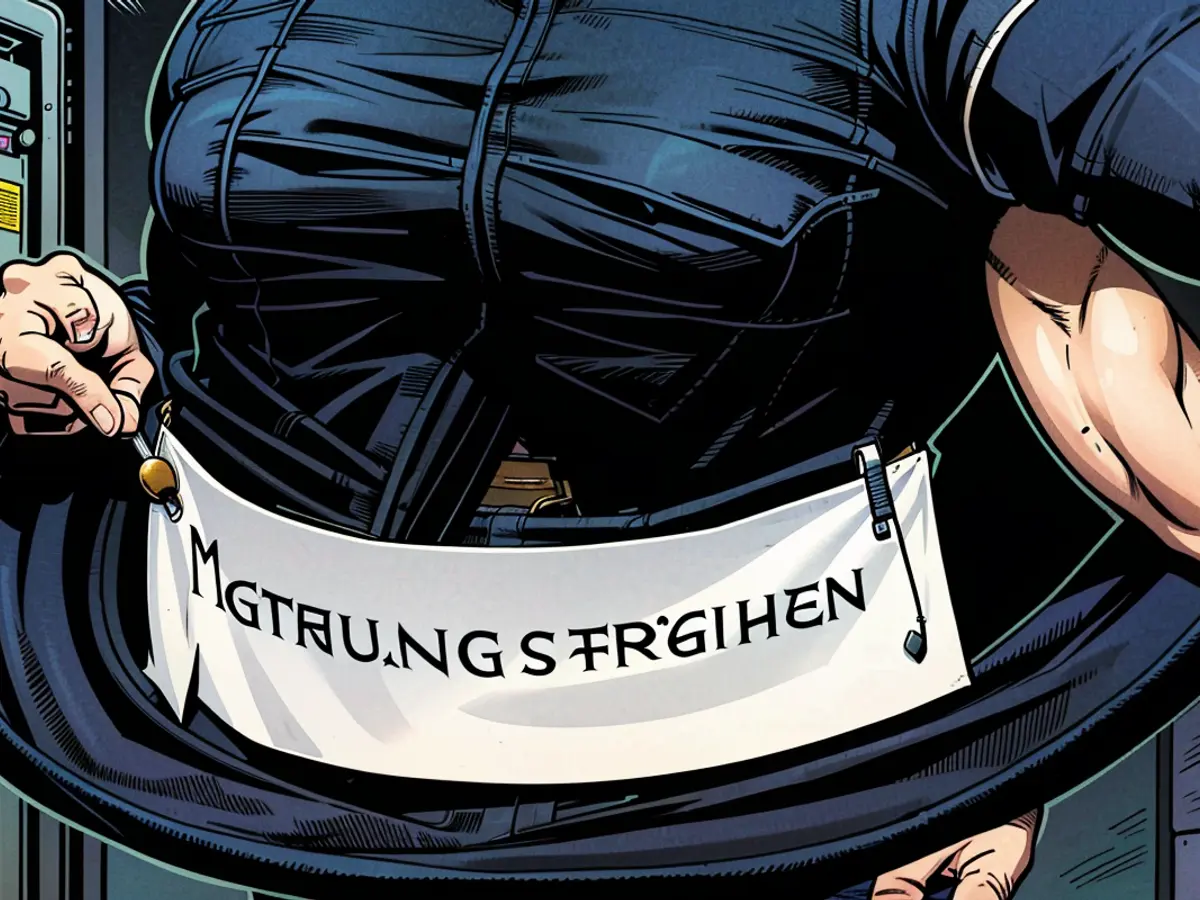- Pen Berlin is going on a debate tour.
Some people advocate for the use of the "innen-I", others find it annoying. Some feel unheard, others find it irritating. Some condemn alleged speech bans, others feel hurt by careless speech. And it seems everyone feels most comfortable in their own bubble, on their own side of the debate. Can we break out of this and resume conversation? The writers' association Pen Berlin is attempting to do so before the upcoming state elections in Eastern Germany.
This Monday, the series "You're still allowed to say that - conversations about democracy and freedom of speech" begins in Chemnitz, with a total of 37 events in small and medium-sized Eastern German cities. The format involves two potential debaters, a moderator, and the audience.
"The audience's participation is key to this series," says Pen Berlin spokesperson Deniz Yücel. "Ideally, people who didn't think it was possible will start talking to each other."
From Suhl to Eisenhüttenstadt
For this series, which runs until September 19, Pen Berlin has gathered 118 writers, journalists, artists, and cultural figures. It kicks off in Chemnitz with two publicists who have recently had a lot to say about the East-West debate: historian Ilko-Sascha Kowalczuk and Dirk Oschmann, author of the bestseller "The East, a West German Invention".
Other podiums between Suhl and Eisenhüttenstadt, Zwickau and Döbeln will feature some of the most well-known Eastern German voices, including writers Anne Rabe, Ines Geipel, Katja Lange-Müller, and Monika Maron.
Clearly, the focus is on Eastern Germany, addressing misunderstandings, discontent, the agitated mood, anger, and frustration ahead of the state elections in Thuringia, Saxony, and Brandenburg in September. But it's not just about that. Western-born cultural figures such as Juli Zeh, Michel Friedman, Pina Atalay, and Harald Martenstein will also participate. The goal is not party politics, but "real, even tough conversation," says Pen Berlin spokesperson Eva Menasse.
In times of heightened emotional readiness
The organizers are concerned about survey results showing that fewer people feel they can freely express their opinions in Germany. In 1990, 78% of respondents said they could, while 16% thought caution was necessary. In a 2023 Allensbach survey, only 40% said freedom of speech was given, and 44% found it restricted. How can this be, when it seems anyone can say anything at any time on social networks?
Is "cancel culture" - silencing dissenting opinions - a reality in Germany, or just a buzzword? "I think it's both," answers Yücel. Often, freedom of speech is confused with "dispute-free speech", where criticism is seen as "cancelling". "Moreover, emotional readiness is high, along with the tendency to narrow the boundaries of what's considered acceptable opinion expression."
Yücel also notes that he would have liked more writers and journalists who themselves complain about restrictions on freedom of speech to participate in the series. "But we can only invite them," says the organizer. Now, he hopes the audience will take up this position, "where the perceived restriction of freedom of speech leads to a turn away from democracy". That's why the events aren't taking place in Berlin-Mitte, but in Sonneberg, Pirna, or Schwedt.
PEN Berlin
The series "You're still allowed to say that - conversations about democracy and freedom of speech" is led by Deniz Yücel, a spokesperson from PEN Berlin. He emphasizes the importance of audience participation in these dialogues, hoping it will encourage individuals who previously thought it impossible to engage in discussions.
In the series, renowned figures such as Anne Rabe, Ines Geipel, Katja Lange-Müller, and Monika Maron from Eastern Germany, along with Western-born cultural figures like Juli Zeh and Michel Friedman, will participate in various events.








